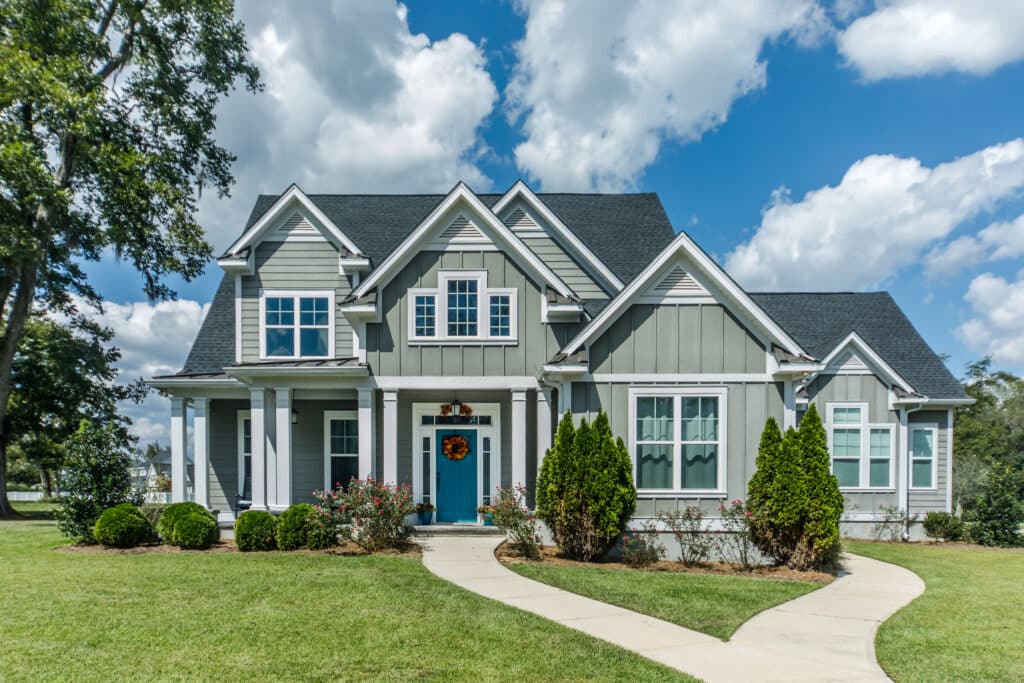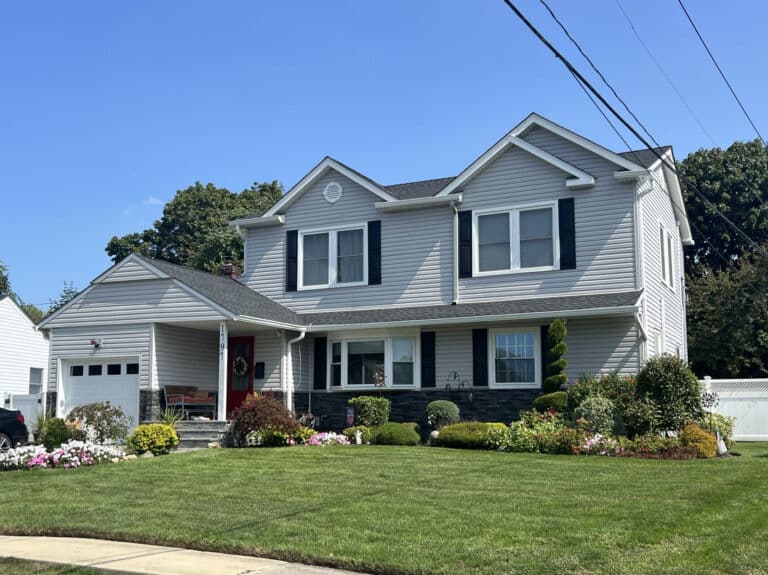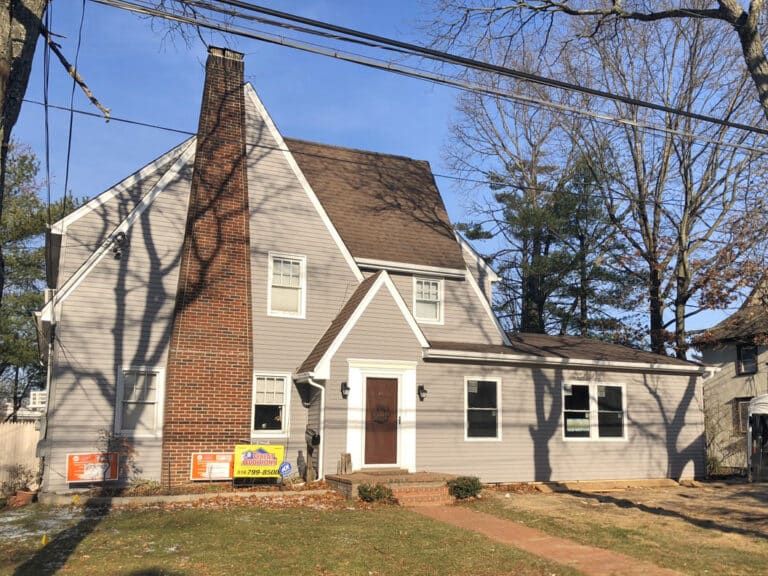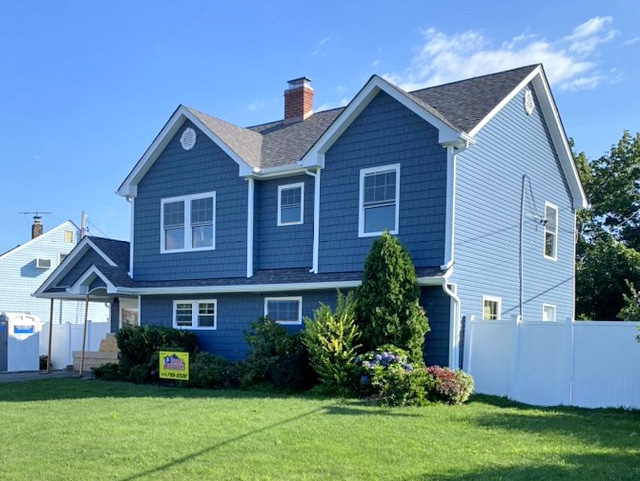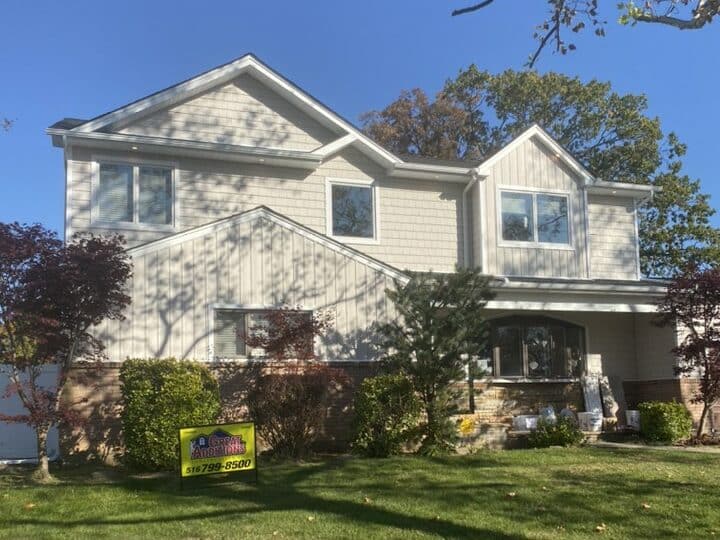If you’re considering adding extra space to your home, a home addition / extension can be a great option. Home additions can be used to add additional square footage, create new rooms, or expand existing ones.
However, with so many different types of home extensions to choose from, it can be difficult to determine which one is right for your needs. In this post, we’ll explore some of the most popular types of home additions and provide tips on how to choose the right one for your home.
Types of Home Additions
There are many different types of home additions to consider. The type you choose depends on a number of items. The most important factors being how much space you need to add, what type of space you need to add (e.g. more bedrooms, a playroom for the kids, another bathroom, an in-law suite, etc.), and last but certainly not least, your budget.
Single-Story Extension
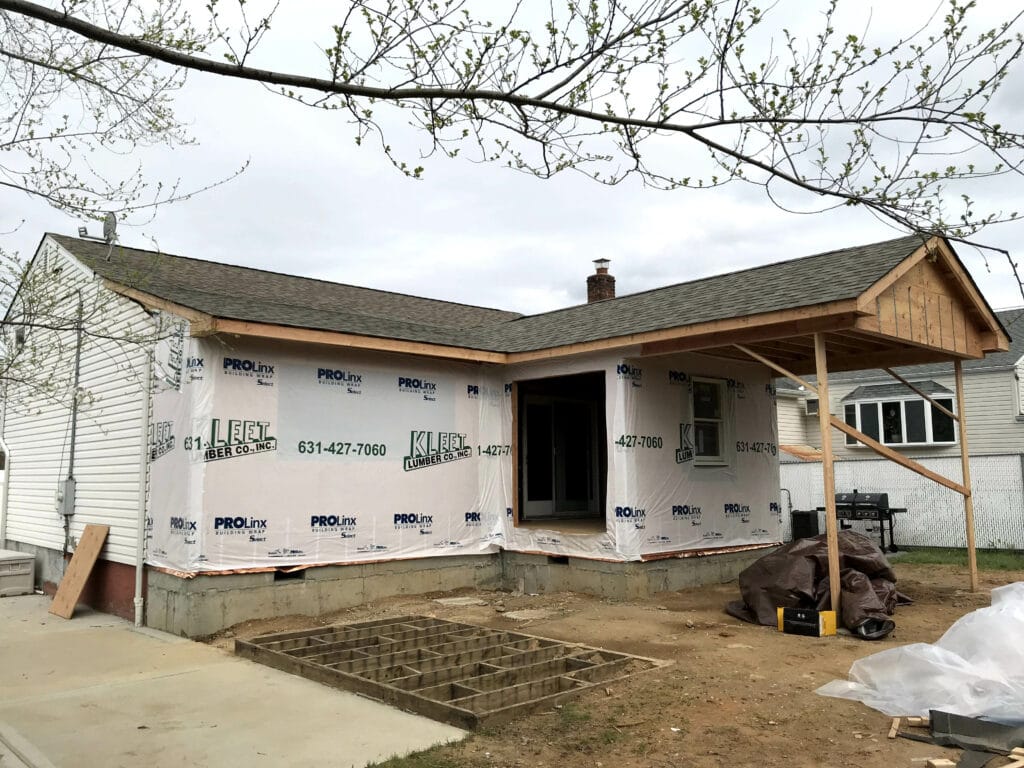
A single-story extension is a good choice if you want to add a new room or expand an existing one without changing the overall layout of your home. Single-story extensions can be used to create a new kitchen, living room, or bedroom, or to add a conservatory or sunroom.
Second Story Addition
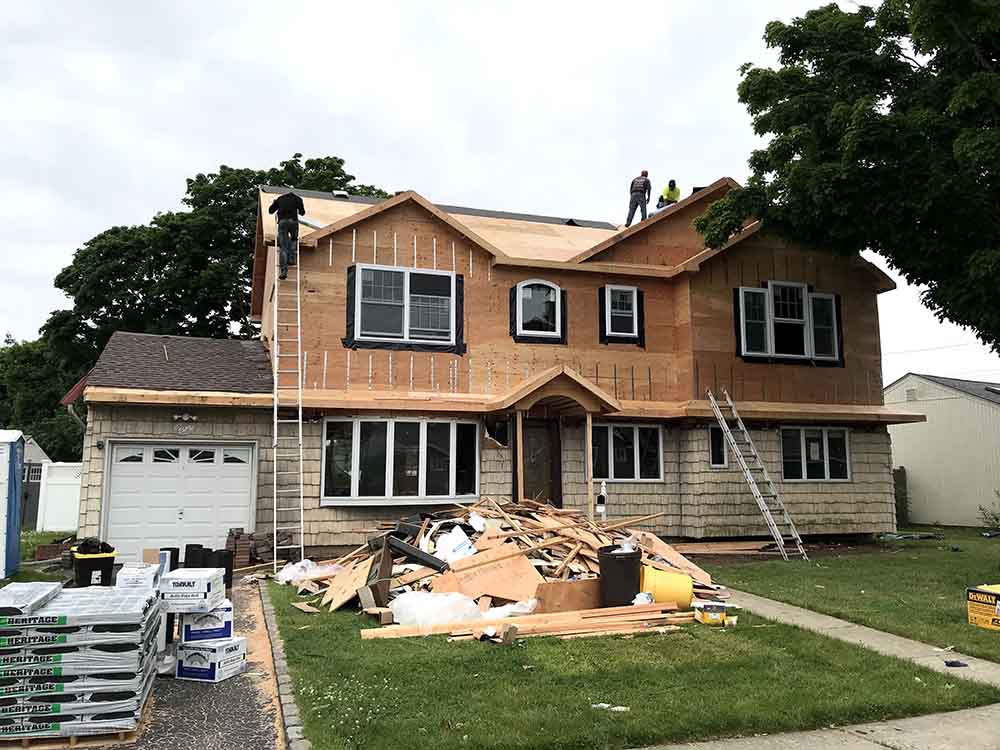
A second story addition (or two-story extension) is a more extensive project that involves removing your existing roof and adding a second story to your home. This type of home addition can be used to create additional bedrooms, bathrooms, or other living spaces.
A two-story addition can be a good choice if you have a large family or need more space but love your location. Often adding a second story to your house can be cheaper than going through the process of selling your current house, closing on a new house, and moving.
Depending on where you live in the country and the value of the houses you’re buying and selling, closing costs on a sale, closing costs on a buy, commissions, and moving expenses can easily exceed $50,000. Add that to the cost of the larger house you’re purchasing and you can see why a major home renovation could be a much better option.
Loft Conversion / Dormer Addition
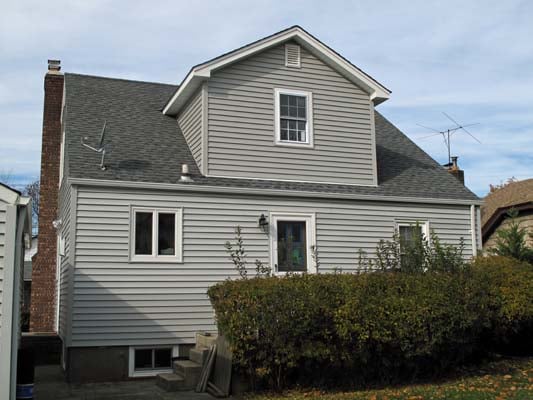
A loft conversion involves converting an unused attic or loft space into a livable area. This type of addition can be used to create an extra bedroom, home office, or playroom. Loft conversions are a good choice if you have unused space in your home and want to maximize your square footage without adding a new structure.
At Great Additions, we love the addition of dormers to your roof line for this type of renovation as a cost-effective way to add more space and convert an attic to a usable living space.
Sunroom / Conservatory Addition

A conservatory, or sunroom, is a glass-walled room that is attached to the back of a house. Conservatories can be used to create a bright, airy space for relaxing, dining, or entertaining. They are a good choice if you want to add a light-filled space to your home without a major construction project.
Garage Conversion
A garage conversion involves turning an unused garage into a livable space. This type of extension can be used to create a home office, playroom, or additional bedroom. Garage conversions are a good choice if you have an unused garage and want to add functional space to your home without a major construction project.
Factors to Consider When Choosing a Home Extension
As we touched on earlier, the type of extension you choose depends on a number of factors. If you need a new bedroom but adding a second floor is out of your budget, consider transforming existing space like a garage or a basement. Here are some other factors to consider.
Budget
Home extensions can range in cost depending on the size, materials, and complexity of the project. It’s important to determine your budget and choose an extension that fits within it.
Purpose
Consider the purpose of the extension and how you plan to use the space. This can help you determine the size and layout of the extension and choose the right type of extension for your needs.
Do you need more bedrooms? Another bathroom? A bigger kitchen? A space for aging parents or kids that just graduated from college? Figure out what really matters and find a plan that works for your specific needs.
Home Style
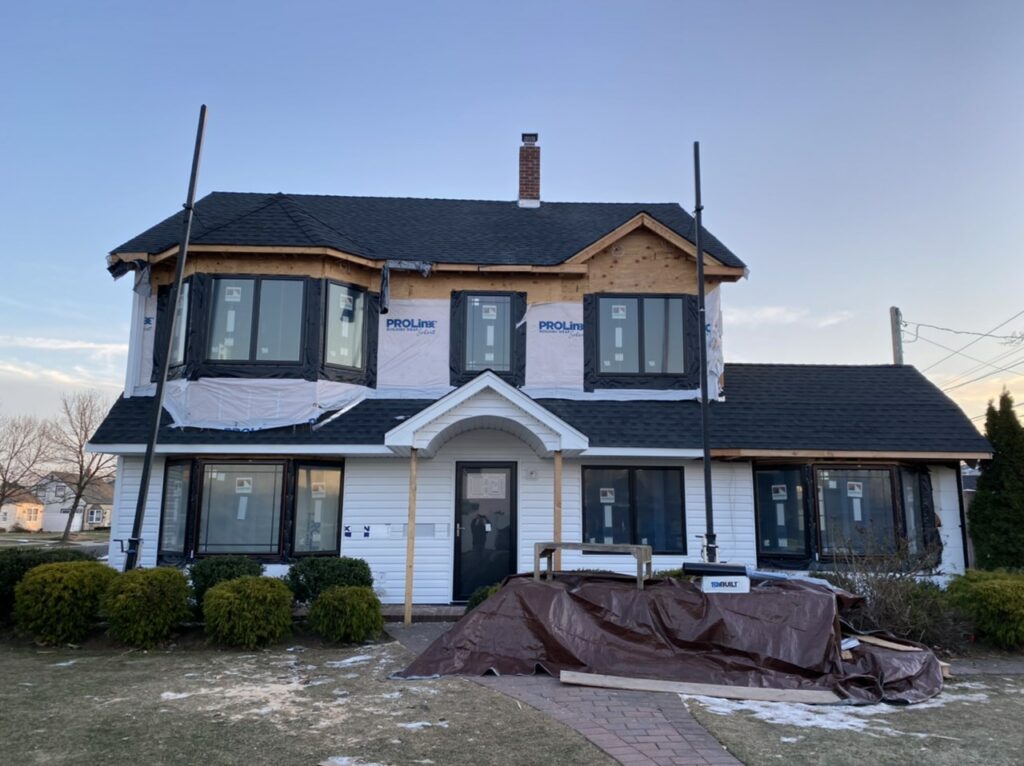
The style of your home should also be taken into consideration when choosing a home extension. It’s important to choose an extension that complements the overall design of your home to ensure a cohesive look. This is where a good contractor or architect will be invaluable.
Location
The location of the extension can also be a factor to consider. For example, if you want to add a sunroom or conservatory, you’ll want to choose a location that gets plenty of natural light. If you have a small yard then going up might be better than going out.
Alternatively, if you have plenty of land, or you want to build a space for aging parents and don’t want them to have to deal with stairs, extending your house out might be your best option.
Permits
Depending on the location of your home and the scope of the project, you may need to obtain a building permit for your home extension. It’s important to check with your local building department to determine if a permit is required and what the process is for obtaining one.
You may find that the extension or addition you were planning isn’t allowed in your jurisdiction. Most areas have restrictions on height, dwelling size, and proximity to your property line that you will need to navigate.
At the moment, the biggest issue to consider with the permitting process is the length of time it will take to process your application. Consult with your contractor to set a reasonable timeline for when your home extension project can begin.
Professional Help
Any time you’re considering a massive remodel of your home you should consult with a contractor as early in the process as possible. A good contractor will help guide you through the process, give you a good idea of what you can do within your budget, and set a realistic timeline for the project.
Realistic timelines are important because there’s a good chance your house will become unlivable at some point in this process, meaning you’ll need to plan for other living arrangements during that period of time.
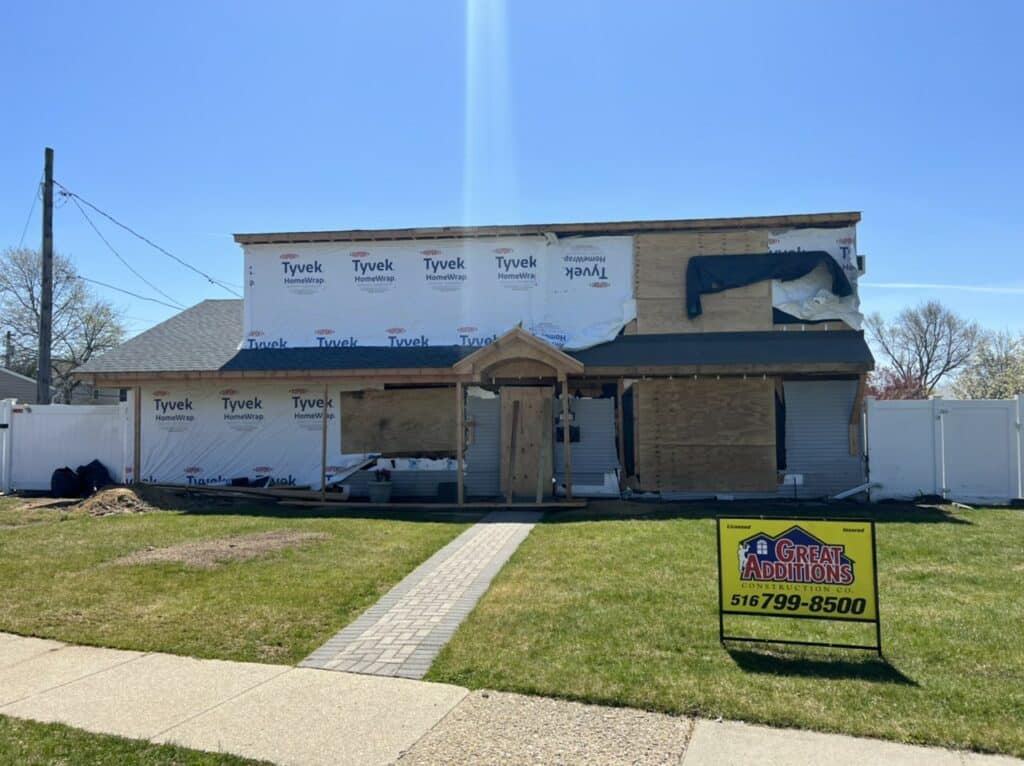
A home extension can be a great way to add extra space and functionality to your home. However, with so many different types of extensions to choose from, it’s important to consider your budget, purpose, home style, location, and permit requirements when deciding on the right one for your needs.
Consulting with a professional can also be helpful in ensuring the success of your home extension project. By carefully considering these factors, you can create a space that meets your needs and enhances the overall value of your home.

